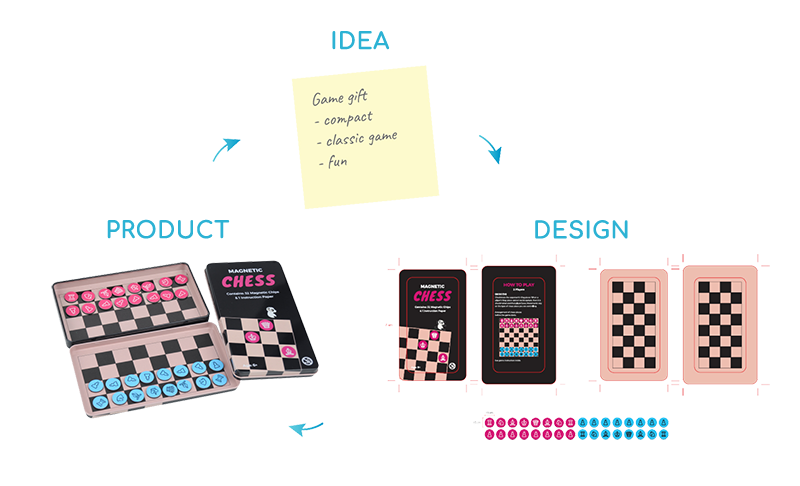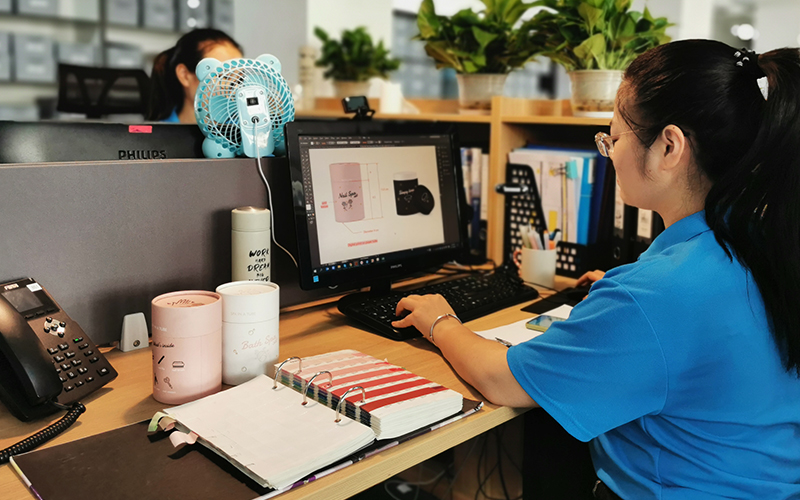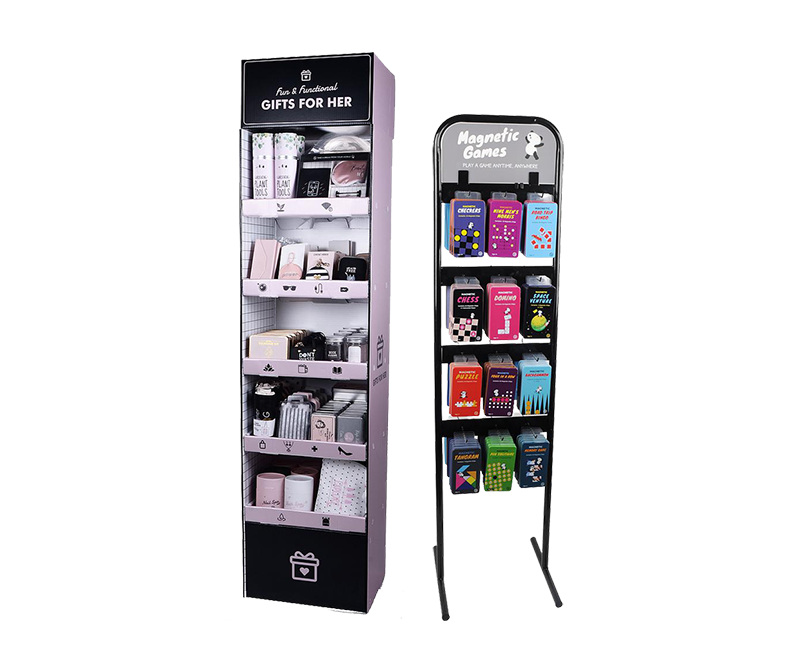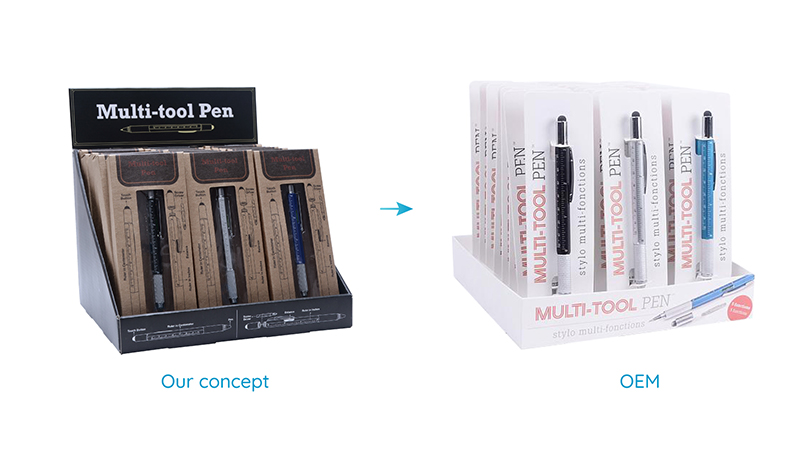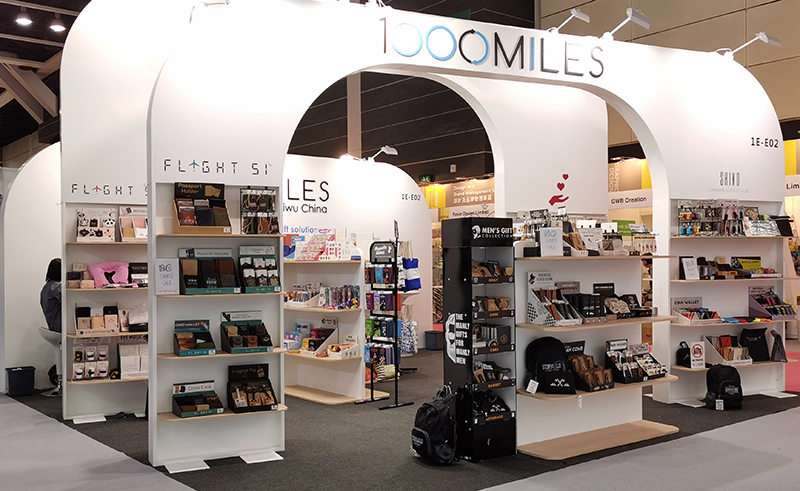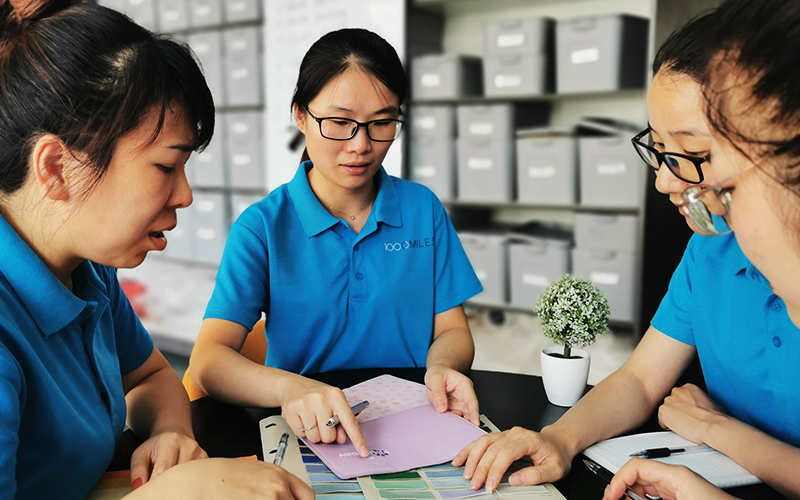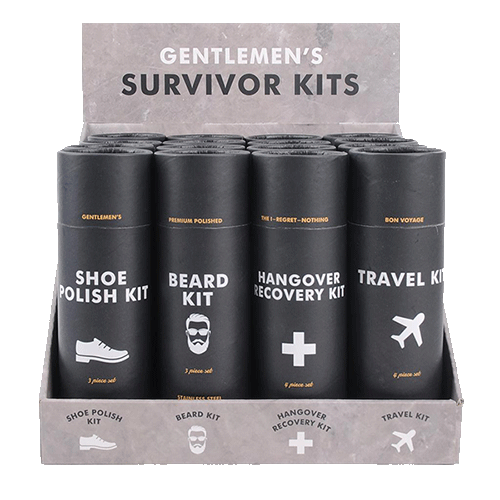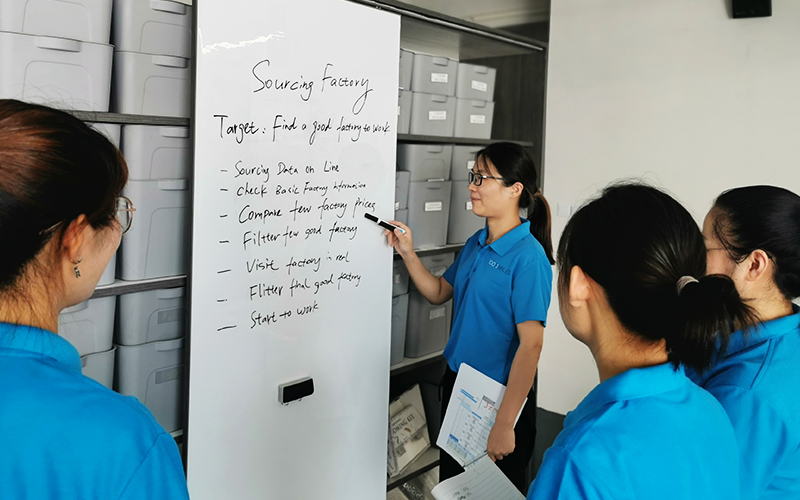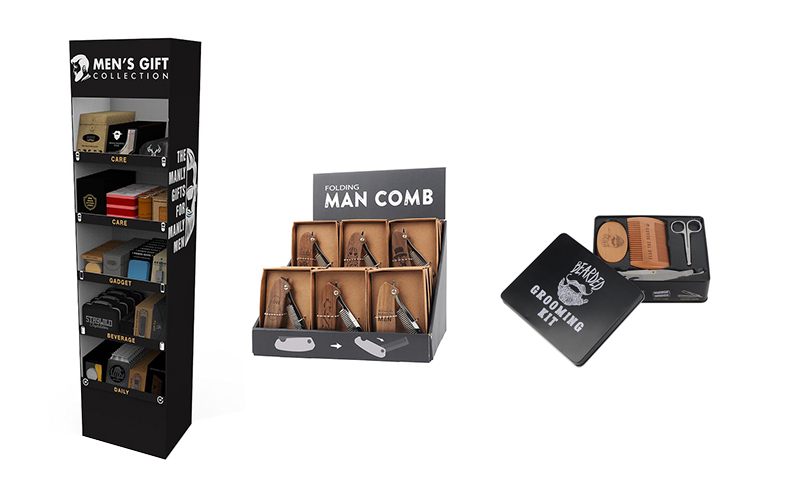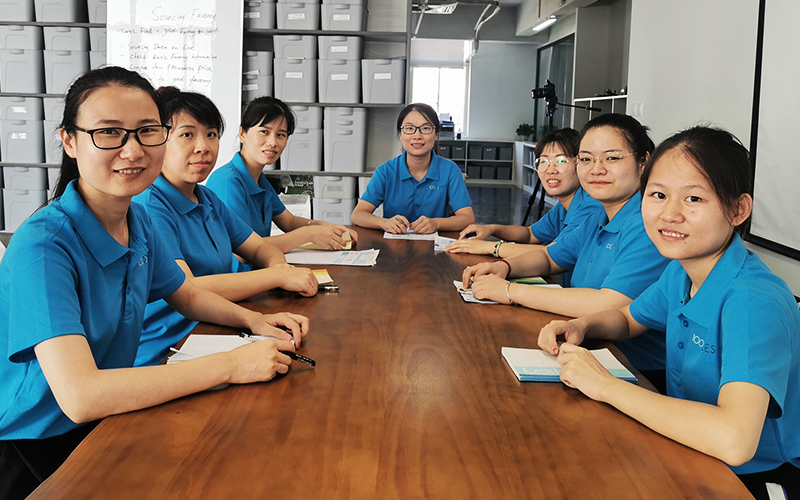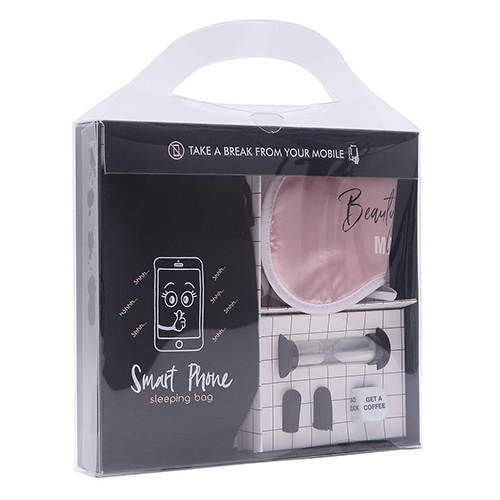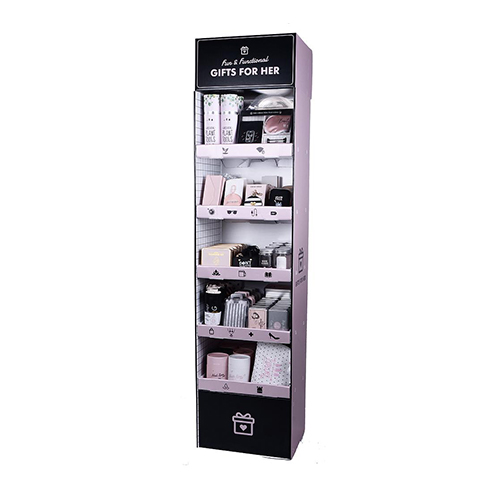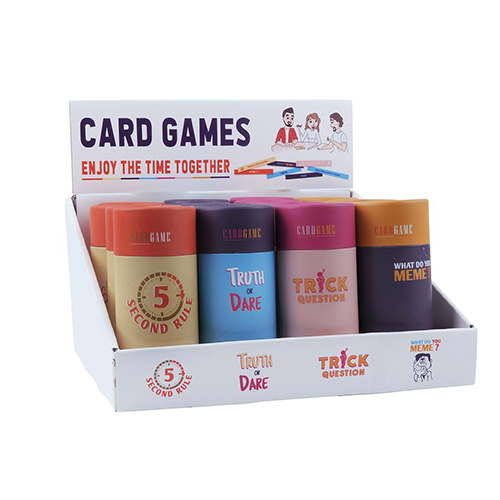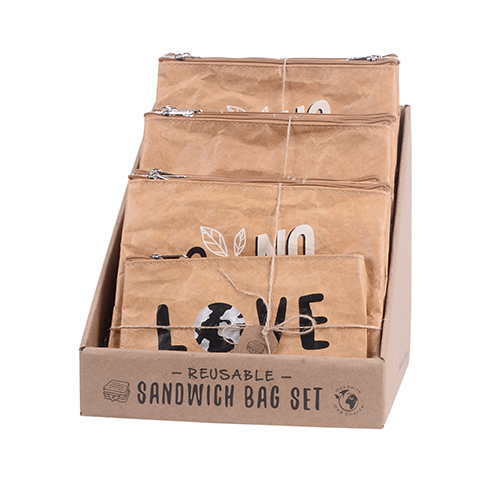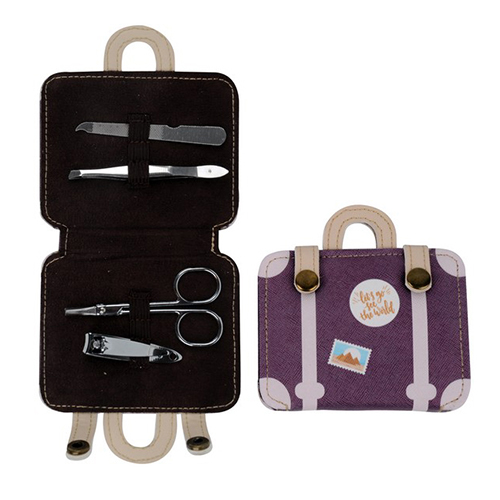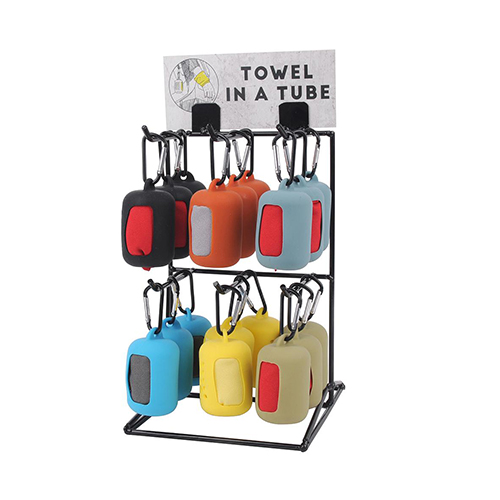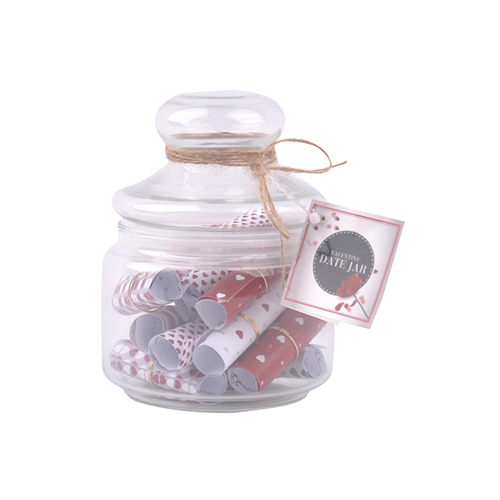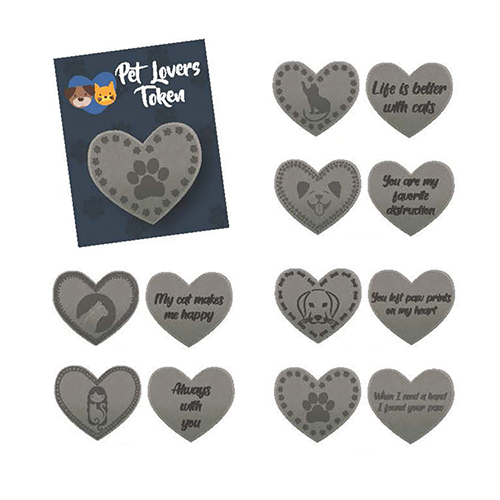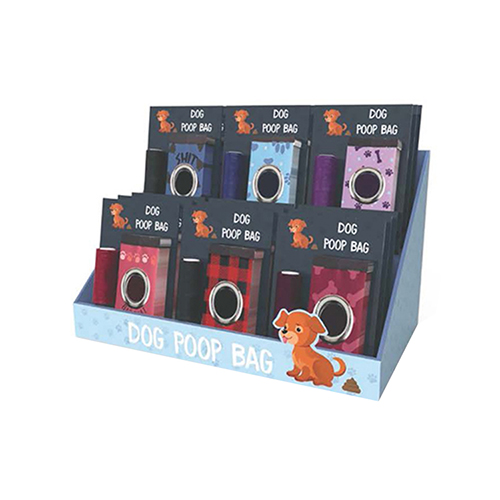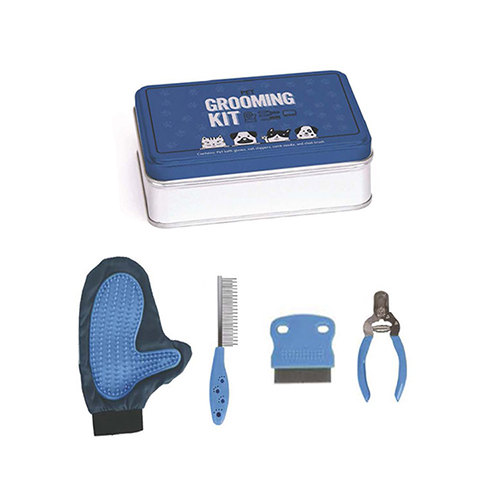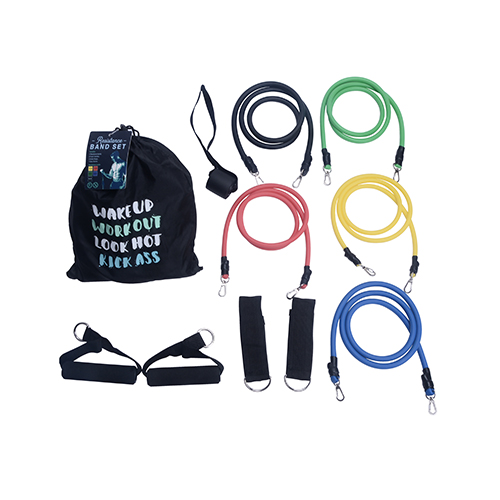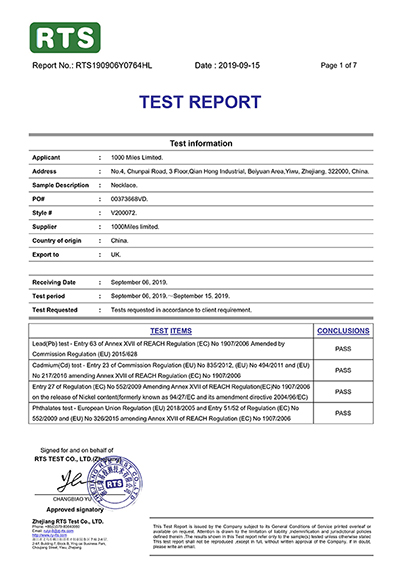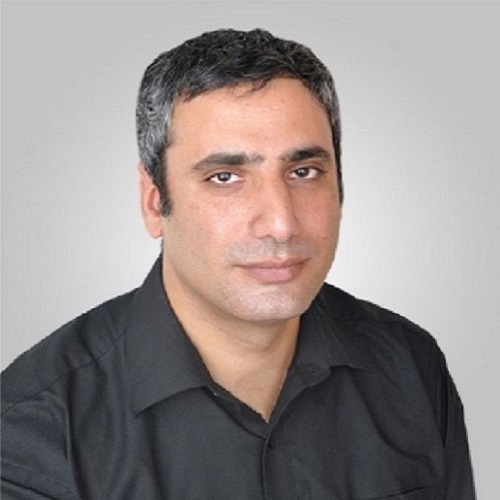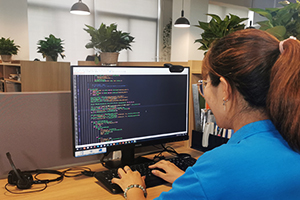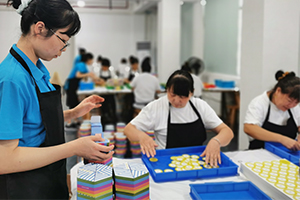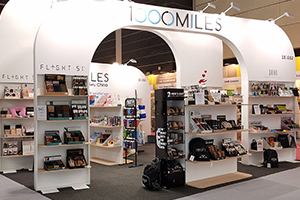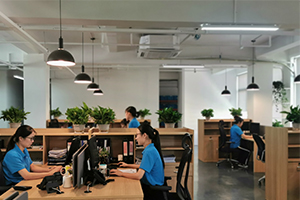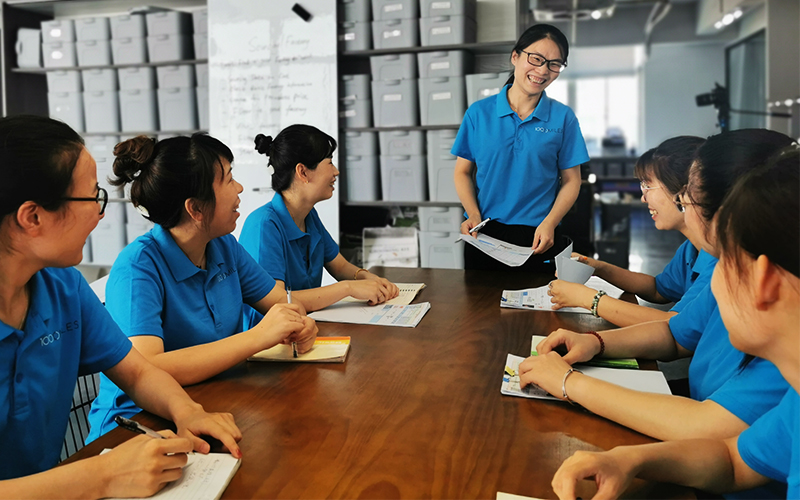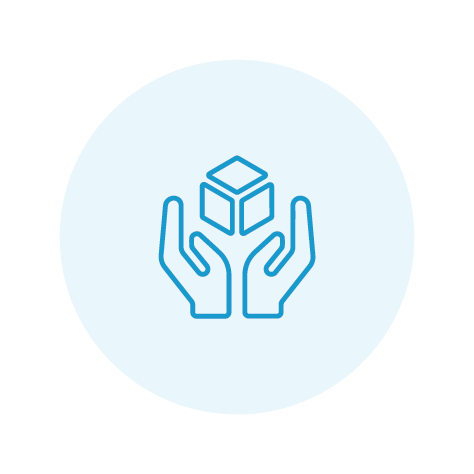


Continuously developing new products is important for a company to grow. However, the process of product development is not easy. There sure will be a lot of hardships and obstacles along the way. Most of the time it would seem impossible until it’s done.
Especially with product development, you will certainly encounter a lot of things that would need for you to go an extra mile.
And for your team to reach a specific goal, you need to step up and develop in yourself and in everyone a culture of finding possibilities and never giving up. A culture of finding a way or making a way. So that when difficulties arise, you will still emerge strong and successful.
Now let me share with you 7 tips on how to develop this type of culture that will help your product development process become more efficient and will lead to success.
1. “CANNOT” should not exist in your dictionary.
It is quite common in a company that when you ask people to do something new or out of the comfort zone, they always respond with “it’s impossible to do”, “I don’t know how to do it” or it’s too complicated I can’t do it.”

Say for example you have a new product idea. Your designers created designs that are really good and appealing. However, your sourcing team, the team who finds factories to make it says it’s complicated because it involves too many components and your current suppliers might not have it.
Since it’s a complex process, they can say it’s impossible to do. But in reality, it is not impossible. It is possible but it will just take time to find and coordinate with new factories and so on.
So instead of saying “cannot do”, make it a habit in your team to check everything first and find alternative solutions instead. Asses you current suppliers’ capabilities and negotiate if there is anything that they can do about your requirements. And if the suppliers really can’t do, that’s where tip number 2 comes in.
2. Discuss solutions, not problems
Sometimes when you are faced with an obstacle along the way, you tend to fix your eyes on the problem that will eventually lead you to give up.
Now that you’ve checked all your suppliers and you found out that nobody has the capability to do your product, you need to check for alternative solutions.
You can try to search and contact new factories or new suppliers even on other location. Focus your attention on how to make it possible instead of stressing over the problem.
Constantly remind your team that nothing is impossible. You just need to look and find for ways to make it possible.
3. Do Your Research

This is one of the main things everyone in your team should be doing. As product development process involves a lot of new ideas, it is expected that every member should do their part on researching.
So, in the case of your new product concept, you can research about the appropriate production techniques and methods that will help you create the designs that you want. You also need to know the type of materials needed, machinery or technology to use, and so on.
You can also learn about how much the product can cost, market value, and possible competitors that will help you with your pricing.
By doing effective research, you can come up with strategies that will help your team. It can also make the process faster if you have complete and available information on hand.
4. Take the Responsibility, Make the Initiative
With regards to product development, there will be a lot of sub-teams to take care of specific functions. You will have designers, sourcing, purchasing, marketing, etc.
There will come a time that a sub-team will be very busy. For example, you are a designer and you need the sourcing team, the team responsible in searching for suppliers, to get some information from a factory. But the sourcing team is currently busy coordinating with some matters and cannot entertain any task.
So instead of waiting for the sourcing to finish so you can pass to them the task, get the phone and call the factory yourself to get the information you need.
Take the initiative to do things even if its outside the area of your responsibility. In this way, you will get what you need fast and makes the work efficient.
5. Think for Long Term, Not Just Short Term
Build for yourself and your team tools to organize information that will help everyone for long term.
For few times you sent design instructions to factories of the product but they always get it wrong. To avoid this, you can create a PDS (Product Description Sheet) that will explain your design better and with complete information.
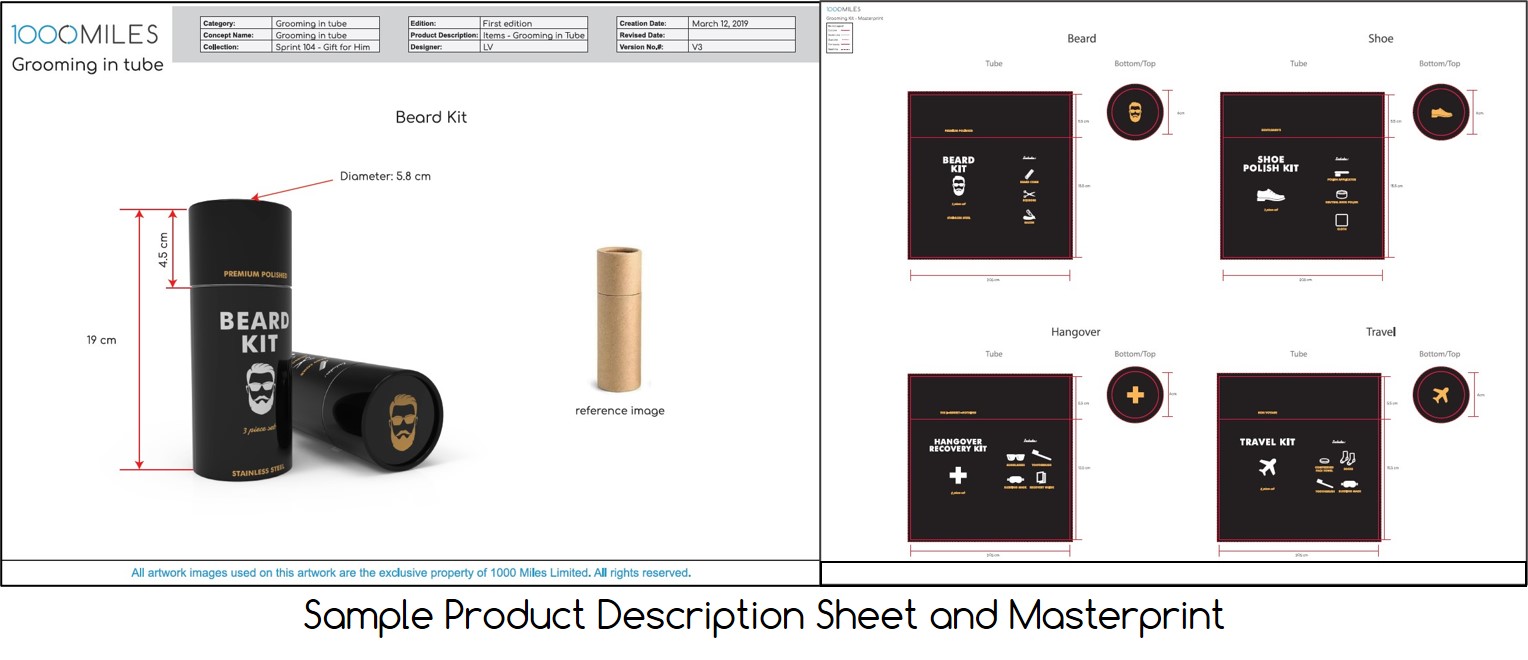
You can also create follow up list of all suppliers that you are handling. In this way, you can easily manage and check if the products you need can arrive on time.
These tools may seem to take a lot of time to prepare but it will greatly help you to be more efficient and work fast in the future.
6. Set-up a target time to finish
Deadlines can impact the way you work. It can push people to work together to get the job done. It can also be a tool to measure your progress.
So being in a team with a goal, you need to set-up targets to finish. You should also need to do daily and weekly follow ups on everyone to make sure you are all on-track with the targets.
In this way, all the team will be involved to find solutions when problems arise because everyone will be directly affected if one part cannot function well.
With this you can finish developing your products faster and be able to offer these to your customers sooner.
7. Teamwork
Lastly, you should work with teamwork in mind. Remember that every person can bring in something valuable for the project.
So, when you are caught up in a situation that will affect the progress of the project, communicate and collaborate with your team. Every person has different experiences and strengths and this diversity can help the whole boat keep sailing forward.
In conclusion, what makes the project successful or not is the attitude or culture of the people in it. If you have these values in your team then you can make product development process more efficient and you can conquer anything even when faced with difficulties.

